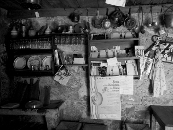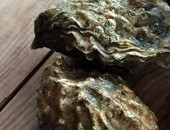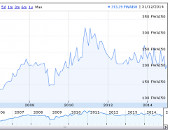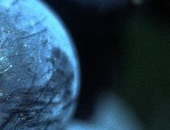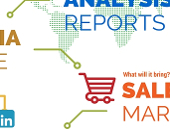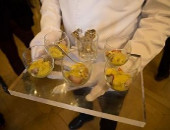Welcome Kindle subscriber.
To receive free undiluted access to our website articles and facilities (valid for as long as you subscribe through Amazon) please copy this voucher code and insert it by visiting this page on our website.
Your voucher code to have free access to subscription data (except Connoisseur Platinum level) on FineWineMagazine.com is: KKFT12GHY!L
_______________________________________________________________________________________________________________
Sparkling wine has the capacity to uplift spirits, reinforce a sense of occasion, monopolise celebrations, condemn those who fail to exercise proper taste and judgement in selecting the appropriate wine and antagonise those whose choices do not match our own. If this were not enough it is also, often, more expensive than other wines. A 'pop' comes at a price. The most well-known of the group is, of course, Champagne. It is one of the oldest and certainly the most reputed of sparkling wines. The generic term 'Champagne' is so easily applied by most people it almost obstructs an understanding of its diversity which is no less apparent amongst the various vintages included in this issue. The myth of Champagne is that it is even 'French' although no one would deny that they have made it their own in every respect.
According to legend the monk Dom Perignon first invented sparkling wine, but as even the French now acknowledge this is something of a ruse. Dom Perignon was the cellar master at the Abbey of Hautvilliers, near Epernay, in the heart of Champagne. But his wines were so-called 'tranquil' wines - no bubbles at all - just like all the wine made in Champagne at that time. Neither he, nor his immediate successors, ever referred to any kind of 'gas' in their wine. Dom Perignon died in 1715 and the royal authorisation to bottle wine made in Champagne wasn't given until 1728.
It is totally impossible to obtain an effervescent wine (made in the Champagne method) without a robust bottle and resistant cork. Sparkling wines existed in England in the 17th century since the appropriate bottles had already been invented. The legend of Dom Perignon grew out of the marketing which surrounded the first release of this special cuvée created by Moët & Chandon. So, surprisingly for most of us, the origins of sparkling wine appear to be more of a cross-channel invention - if you happen to be based in Calais. My Short History of English Sparkling wine delves into this domain and assesses some of the recent releases. Sparkling wine in the UK is 'fizzing' according to much of the press - even the Economist has run articles on the subject. But this story is not new. In 1789, a Surrey vineyard owner wrote: "It would be endless to mention how many good judges of wine were deceived by my wine, and thought it superior to any Champagne they ever drank." He referred to the prejudice surrounding his wines and this persists today - this headline coming from the magazine The Grower in 2004: "Good year for wine - With not a great deal of support from previous governments or the snobby classical wine trade, the English wine producing industry is at last doing well". Country Life recently ran an article (2011) entitled: "Raise a glass to our native winemakers: The producers of English sparkling wine, who are beating the French" suggesting that the tide of this under-estimation may be changing at last. It is interesting to consider how this change of fortune has been accomplished.
The major component of any sparkling wine - in terms of its distinction - is its bubbles. Professor Liger-Belair who has studied the physics of Champagne bubbles for many years summarises the findings which define the 'perfect bubble'. Some of these characteristics evolve through the way in which Champagne is made but are also a function of the physical laws of our universe.
Prosecco has seen an enormous increase in consumption and more and more people are travelling to the region where it is made. The heart of this area is known as Cartizze where a unique osteria serves its guests but without the need to pay a 'service' charge - probably because it doesn't employ any waiters. Not far from Venice, Valdobbiadene is worth exploring and if the rusticity and hills are not entirely to your liking (an improbable suggestion) then Fine Wine suggests another remarkable place to visit - a small island in the Venetian lagoon. The small vineyard enclosed within the walls of the restaurant end up in the most extravagantly labelled wine you may ever uncork.
But what does your enjoyment of sparkling wines say about you? Miles Thomas in Personality and Wine has provided a comprehensive summary of the current state of research into your personality and how this might affect your wine choices; and the other way around - what your wine choices say about you. If this isn't enough to make you feel even more self-conscious than you were already there may be some reassurance from the fact that we're all in it together: we all have our foibles, genetic and environmental influences but at least knowing something about it - thanks to Miles - might help us make choices which are more in tune with our 'real' self. I even wondered whether it made a difference if we called the article Wine and Personality instead of the other way around and if we did, would this convey the same message as Personality and Wine and would the contents still fit the title...?
Fabian Cobb, Editor

